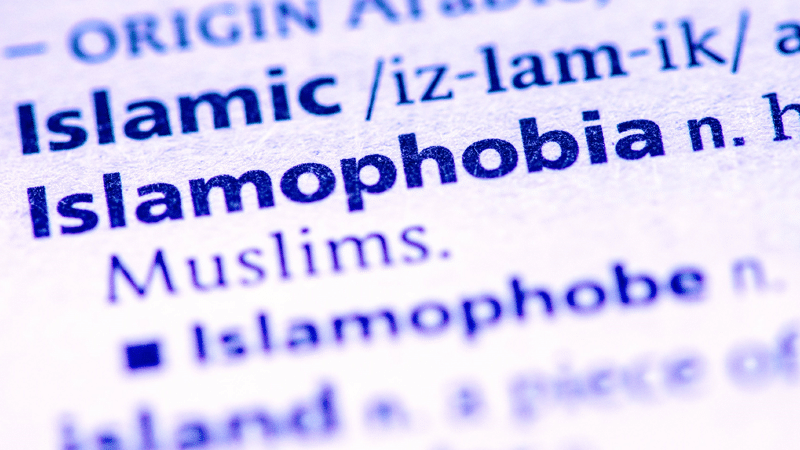Peers have called for plans to create an Islamophobia definition to be scrapped, warning of a “chilling effect on free speech”.
In a letter signed by 36 members of the House of Lords, the Peers called the attempt at a definition “misguided” and stated that it would only increase division in communities. A working group has been set up to agree suitable wording for the definition, but has been widely criticised.
The Labour Party’s current definition, which has been slammed for being too broad, claims: “Islamophobia is rooted in racism and is a type of racism that targets expressions of Muslimness or perceived Muslimness.”
Threat to free speech
The Peers warned that although the definition would be non-statutory, it would still have consequences, particularly in universities: “defining ‘Islamophobia/Anti-Muslim Hatred’ and urging universities to prohibit it will inevitably inhibit legitimate academic research about Islam.”
They cautioned that “any member of a university that says or does something that falls foul of the definition would face potential penalties”. The letter gave the example of Trevor Phillips, who was suspended from the Labour Party under its non-statutory Islamophobia definition, before later being cleared.
Other concerns included that any new definition “will likely include legitimate criticisms – as well as accurate observations – of the religion of Islam”.
The Peers highlighted how the term ‘Islamophobia’ has already been misused, noting: “Sarah Champion, the Labour MP who exposed the grooming gangs in Rotherham, was shortlisted by the Islamic Human Rights Commission for ‘Islamophobe of the Year’, as was Baroness Casey.”
Unnecessary
As well as the threat to free speech, the Peers also argued that a definition is unnecessary: “there are already laws on the statute books that protect Muslims and other racial and religious groups from hatred and discrimination, such as the sections of the Public Order Act 1986 that criminalise stirring up racial and religious hatred, the Crime and Disorder Act 1998, and the Equality Act 2010”.
Using the example of the International Holocaust Remembrance Alliance (IHRA) definition, they wrote: “The lesson from the rise in anti-Semitism over the last 20 months is that embedding an official, government-approved definition of a particular form of racial or religious hatred in civic speech codes – and threatening people with penalties if they breach those codes – is a wholly inadequate way of tackling hatred and discrimination.”
Fiyaz Mughal, founder of Tell MAMA, which monitors UK anti-Muslim hate incidents, said: “I know full well that existing laws are robust enough to prosecute genuine Islamophobes. They are used effectively by police forces up and down this country. What is needed is better enforcement of existing laws, not new speech codes.”
Undermining debate
In response to the Islamophobia Working Group’s Call for Evidence, The Christian Institute explained: “A new term risks confusing criticism of Islam as a religion – a democratic right – with hostility to Muslims as people. This confusion is most explicit with the term Islamophobia.”
The Institute continued: “Formally embracing a concept of ‘cultural racism’ risks threatening the freedom to criticise aspects of Islamic culture. A member of an organisation that has signed up to this kind of definition could be disciplined for Islamophobia if they criticise mandatory female head coverings or suggest that UK law is preferable to sharia law.
“Free speech protections are afforded for discussion and criticism of religion under section 29J of the Public Order Act, which do not apply to race. If defined as a race, Islam could therefore receive special protection from criticism, thereby undermining healthy debate and democratic discussion.”

Irish Govt warned EU hate speech law could ‘punish the quoting of Scripture’
Critic of trans ideology not guilty of cyber bullying, Oz tribunal rules
Chief Constable says non-crime hate incidents have ‘passed their shelf life’

